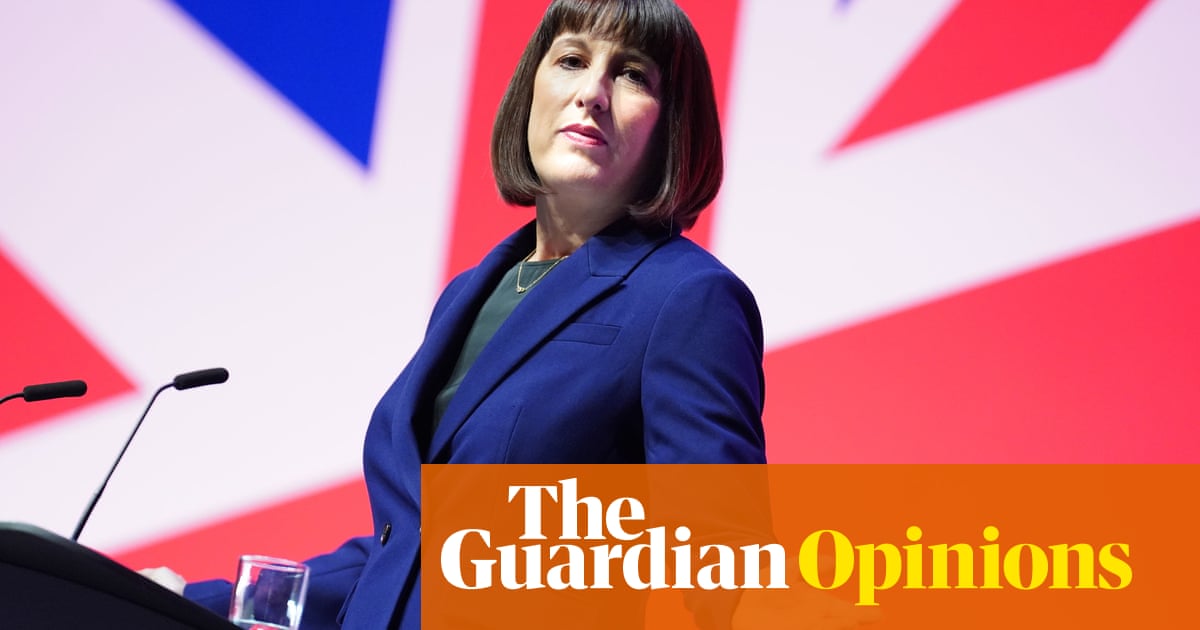
t is probably safe to say that when Keir Starmer’s colleagues elected as leader an MP committed to European internationalism, who had become known as Labour’s remainer-in-chief after unilaterally calling for a public vote with the option to remain, they did not expect to be signing up to a Tory Brexit before the end of the year.
Starmer whipped Labour MPs to vote in favour of Boris Johnson’s post-Brexit trade deal yesterday, and 37 of 200 – almost one in five – chose to defy his instructions. The decision to instruct a vote for the bill is even more surprising when you consider that Starmer was the only leadership candidate of the final three not to agree that Labour’s Brexit position was a key factor in its 2019 election defeat, and earlier this year vowed to defend freedom of movement after Brexit.
The EU future relationship bill passed the Commons with overwhelming support, by a majority of 448 votes. The prime minister was compared to Pericles and Alexander the Great by one Conservative backbencher during the Brexit debate, and the government suffered just two Tory abstentions. Starmer, meanwhile, was getting grief from all sides. He was asked what happened to his six tests for Brexit. The SNP highlighted the difference between UK Labour’s approach and Scottish Labour’s position, ahead of a Holyrood vote in which the latter denied consent to the deal. The leader of the SDLP, Labour’s sister party in Northern Ireland, concluded that “the United Kingdom is coming to an end”. Theresa May criticised Starmer for not backing her better deal, involving a closer UK-EU relationship. And the debate closed with Michael Gove mocking the Labour leader.
Among the 37 rebels, just three were frontbenchers compelled by their decision to quit, while other anti-Brexit campaigners who might have been tempted to abstain – such as Rosena Allin-Khan and Tulip Siddiq – remained in post. No shadow cabinet member broke ranks. But the rejection of Starmer’s whip was delivered by Labour MPs from across the factional spectrum: you can’t get a much clearer illustration of the party’s broad church nature than Diane Abbott and Neil Coyle. As usual with Brexit, splits were less along the traditional political dividing lines of left-right and more about geography. With a parliamentary party that is even more representative of remain-voting areas after last year’s general election defeat, hard work had to go into keeping Labour MPs in line.
Potential rebels were persuaded to follow the whip with the argument that voting for the deal was the only way to avoid no deal, a line they could use to easily explain their vote to constituents. This also fits with Labour’s consistent theme of “responsible opposition”. But those close to the leadership have first and foremost pointed to private polling sent in a briefing to MPs that reported “50% would be favourable if Labour voted for the deal”, compared to 22% for voting against and 18% for abstaining. As research by YouGov and Opinium confirms, while the British public don’t think much of the Brexit deal, a strong majority also want MPs to vote for it. Since taking over in the spring, Starmer has consistently argued that voters broadly feel politicians should get on with Brexit and move on.
The difficulty for Labour is that this crunch moment, the vote, represented only the end of the beginning, rather than the conclusion of Brexit. Keir Starmer told the Guardian on the eve of the vote that he does not expect Brexit to feature on Labour MPs’ leaflets in the 2024 election campaign. Is that realistic, or wishful thinking? The economic impact of Brexit will start to be felt over the coming months, and the government won’t be able to lay the blame entirely on Covid. Holes in the deal guarantee future disputes between the UK and EU. There is also a review date built into it: with the UK set to evaluate how the trade arrangements are working in 2025, how could this not feature prominently in the next general election?
Sources close to Starmer say he does not want to ignore Brexit. The leader is committed to plugging gaps in the deal, such as taking part in the Erasmus exchange programme and helping travelling musicians who have been hit hard by Covid. But he wants to make clear that Labour will not be offering a wholesale renegotiation of the treaty in its manifesto: the proposals will be around fine-tuning the relationship and building on the existing agreement. This throws up another issue for many of Starmer’s most vocal supporters, as it suggests the pledge made as a leadership candidate in January to “bring back” freedom of movement after Brexit has been dropped.
It is reasonable to assume that people will forget how Labour voted on the deal this week if it proves to be a problematic decision. As many party insiders have pointed out, nobody bangs on about Labour’s support for joining the European exchange rate mechanism in 1990, despite Black Wednesday occurring two years later. It is not so easy to argue that Brexit will be forgotten altogether, however. This seems overly optimistic, given that the Labour leadership itself believes almost all other political parties – particularly the SNP in Scotland – will poke at this Labour sore point, to their own electoral benefit. Starmer may prefer to focus on long-term solutions addressing the roots of Brexit, with a constitutional commission looking at devolution across the UK, but his opponents are unlikely to allow weeping Brexit wounds to heal. Labour must be prepared.
Sienna Rodgers is editor of LabourList












